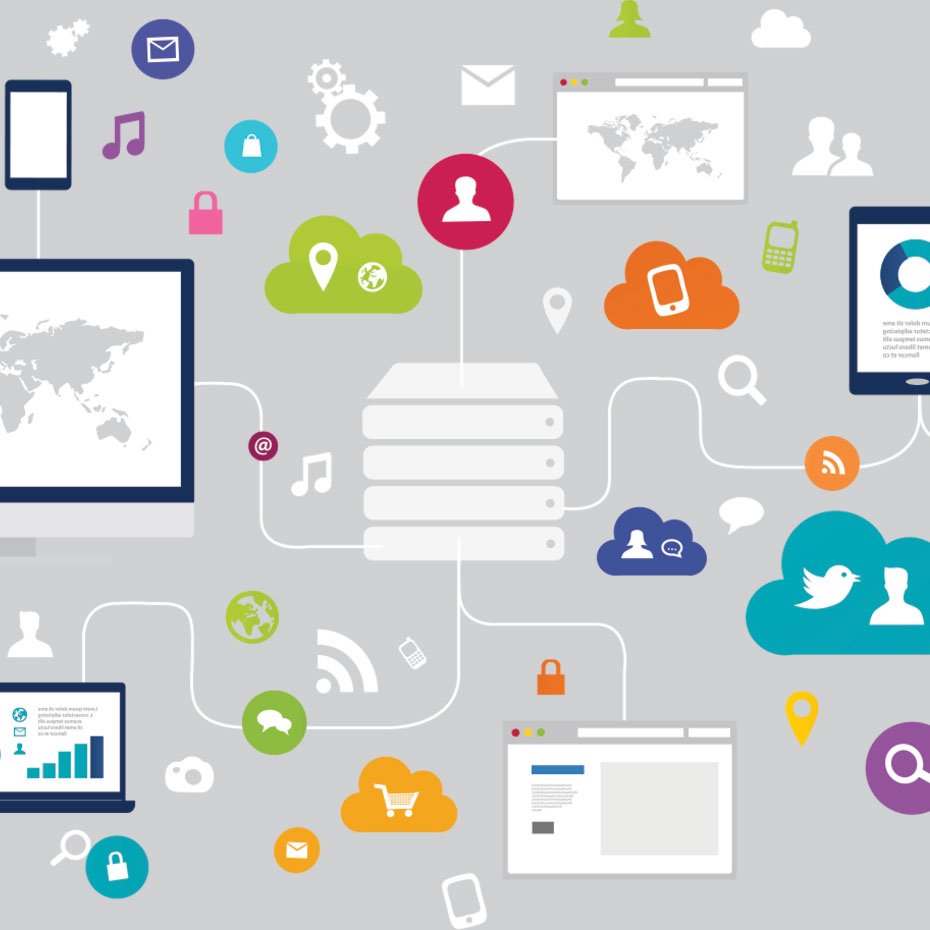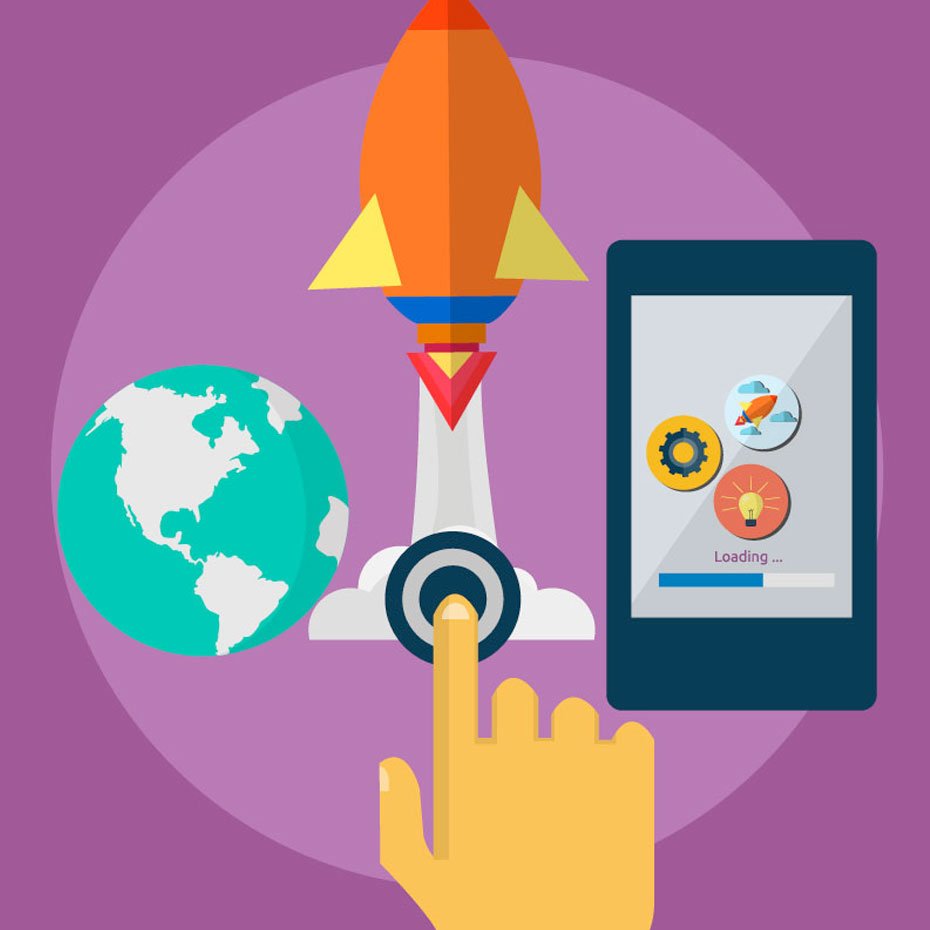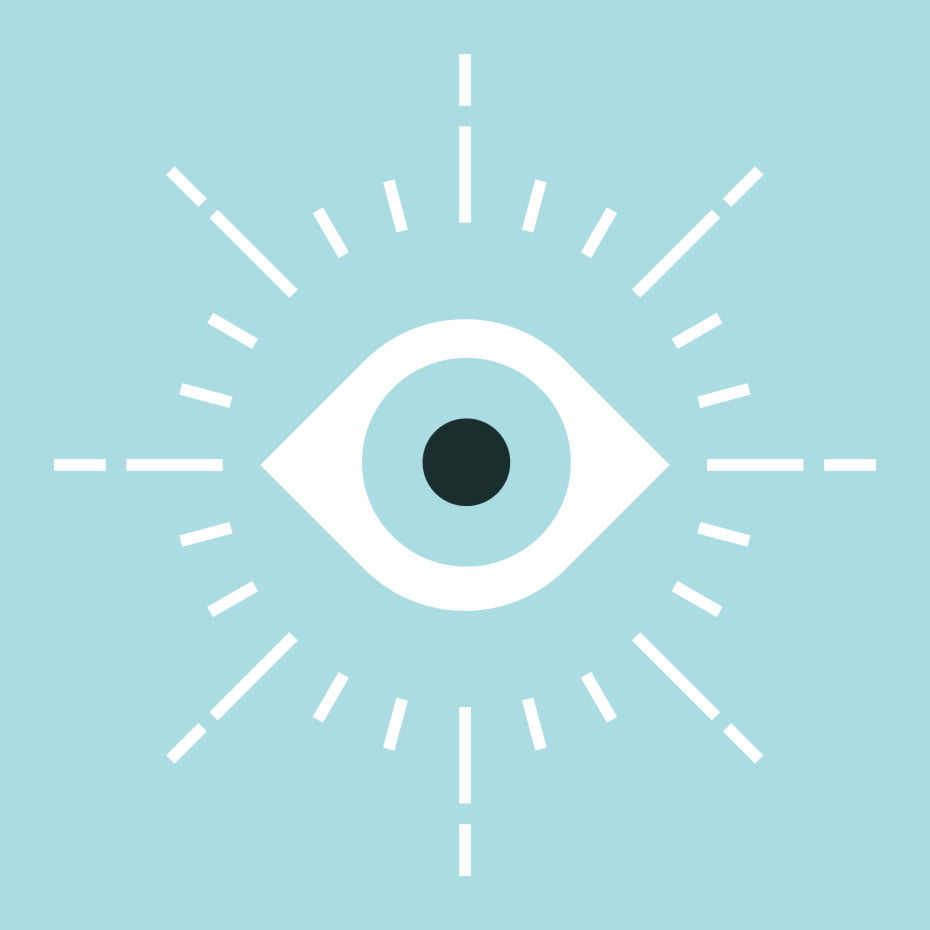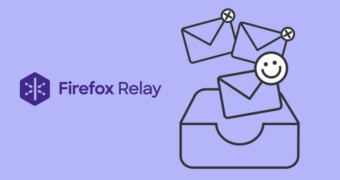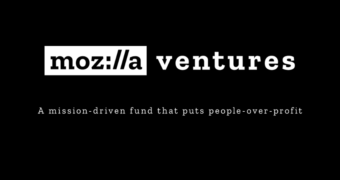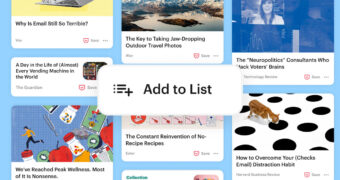My hand hovers over my mouse while my soul is torn in two. I imagine a lot of artists, musicians and small business owners have had moments like this: I’m floundering about whether or not to attach a cute picture of my two-year-old to my U.K. tour announcement on Facebook. Facebook’s algorithms have trained me very well. If I attach the picture, the tour dates will reach more people. If I attach the simple photo (of me, clothed, which would, sigh, not go viral) and simple list of tour dates, it will get less reach. No one is here to tell me what to do or what’s ethical. All’s fair in promotion and war. And my kid is really, truly super-cute. What’s the harm?
Amanda Palmer is an independent singer-songwriter, best-selling author and former eight-foot-tall bride who believes that the free internet is the best internet. We invited her to share why repealing net neutrality hurts indie artists.
This past April, I was lucky enough to be at a TED conference where I watched Jaron Lanier talk about where the internet went horribly wrong.
A shudder of recognition waved through me as I listened to him describe how social media platforms and search engines have turned into, to use his term, “behavior modification empires.” I, like Jaron, never thought it would come to this. That I’d be sitting there, my hand hovering over a mouse, wondering if I really should take the plunge and attach a picture of my goddamn two-year-old to this tour date announcement, because I’ve become such an expert in the punishing algorithms of Facebook to know that my message will only carry if it is attached to a cute, viral image.
And everybody loses in this scenario: I lose (the artist no longer has integrity), my audience loses (they’re being manipulated) and my child loses (basically, he’s, um, being exploited). I’ve also learned that my tour dates can gain reach if I include an outraged rant about feminism, pose a question about body hair freedom, or share vintage pictures of my husband’s mullet (don’t get me wrong, I care about all these things deeply).
Jaron talked about how far we’ve come from that utopian vision of a free internet. Here’s an excerpt from his talk:
“Early digital culture had this sense of lefty-socialist-mission about it, that unlike other things that have been done, like the invention of books, everything on the
Internet must be purely public, must be available for free, because if even one person cannot afford it, then that would create this terrible inequity. Now of course, there’s other ways to deal with that. If books cost money, you can have public libraries. And so forth. But we were thinking, no, no, no, this is an exception. This must be pure public commons, that’s what we want.
And so that spirit lives on. You can experience it in designs like the Wikipedia, for instance, and many others. But at the same time, we also believed, with equal fervor, in this other thing that was completely incompatible, which is why we loved our tech entrepreneurs. We loved Steve Jobs; we loved this Nietzschean myth of the techie who could dent the universe. Right? And that mythical power still has a hold on us, as well. So you have these two different passions, for making everything free and for the almost supernatural power of the tech entrepreneur. How do you celebrate entrepreneurship when everything’s free?”
And so I don’t attach the picture of my kid to my tour dates. I watch the number of post views plummet, and I watch Facebook, once again, punish me for resisting to add viral, algorithm-feeding material to my post. And I feel noble. But my tour date in Liverpool still isn’t sold out.
Rewind
I started a band just when the internet was starting to be commonly Used for Things, and – as a connector and a musician – I was one of the internet’s biggest fans. My band The Dresden Dolls was born in 2000, and I had a nerdy friend at MIT who built us a simple website. We started an email list, which involved you giving me your email address, and I would email you information about our shows from my personal email account (R.I.P. elegiiadiscord@aol.com). At this time we could just barely share music on the net, links had to be typed in from scratch. I started my blog (which was text only) and the hardcore logged in, checked and paid attention. Then came our band message board forum. Then came MySpace. Then LiveJournal. In general, the corporations were not our friends. They didn’t understand what the internet was meant to be used for.
Amanda was kind enough to create this Net Neutrality playlist full of songs of freedom, rebellion and joy.
I once left a meeting with our record label shaking my head in wonder; they didn’t understand why a band had to “have an active website all year round.” Wasn’t it enough to just pay for the website for the band’s three-month album cycle, and cut all those pesky costs the other nine months of the year? These were people totally confused about how the creation of a community works; they didn’t realize that, for us, the internet was a place to find fellowship, friends, recognition, soul-mates, life itself. They thought of our fans as soulless consumers, as if our fans were people who would walk to the “internet music store” once a year to buy a nice, new “internet record” as opposed to a human being who wanted to find a permanent tribe or a place to connect with one another and with the band ourselves.
Without the internet, news of my weird little cult band would have never been able to travel as fast and as far on so little gas. We were invited to tour with Nine Inch Nails because Trent Reznor saw a pre-YouTube Dresden Dolls music video that was embedded in our website that someone probably sent to him from some chatboard or other online community space.
If Trent had had to “pay” to see our video? I don’t know. I believed what all those early tech folks believed: that a free internet was the best internet. How could we possibly hoard this abundance of art, information, music, literature, education, behind a PAYWALL? And I do remember thinking at the time: show me all the ads you want, they’re harmless, I’m media-literate, I can ignore them. Whatever.
But of course, we all know what happened next. It wasn’t a matter of seeing an ad in your social newsfeed, but a matter of the punishing algorithm, a matter of becoming the advertisements ourselves. Had I been asked if I wanted to be an advertisement of a must-share picture-perfect or must-share outrage-worthy idea, instead of just being asked to ignore some ads, I would have said….no.
Our humanity, our communities, our families and our authentic, non-self-advertising connection with one another is, well, priceless. And it’s slowly evaporating in a cloud of algorithm-seeking selfies. Selfies that are posted not simply out of vanity and a need for attention, but out of a sort of sad, Pavlovian response to the lowest common denominator of the internet. We are human, we need to reach out. But we’re being trained to reach out in a way that’s not good for us.
Fast forward
Facebook matured against a landscape of net neutrality, and Facebook itself isn’t inherently evil. It provides a great service for those of us, a lot of us, who want to connect to one another. So it’s worth pointing out that net neutrality isn’t about the Facebooks taking over the narrative: it’s about the ISPs — the Internet Service Providers, the Comcasts — taking über-control of the narrative and how they play with the Facebooks and other online services and companies.
 Contact your members of Congress and urge them to stop the repeal of net neutrality. Here’s how.
Contact your members of Congress and urge them to stop the repeal of net neutrality. Here’s how.
The loss of net neutrality would mean that it is absolutely in the financial interest of Internet Service Providers to reward and give fast-lane, favored-nation status to the Facebooks (and other large companies with lots of influence and capital) of the internet. And this is where we will get stuck. Alternatives will find it very hard to gain a foothold. There is almost nobody I know using Facebook right now who wouldn’t like to have the choice to use a less corporate, more human(e), less profit-oriented social network. But there just isn’t one.
The solution to the algorithm hell we are getting caught in is to find (and/or create!) more open alternatives to Facebook. And since the money for incumbent social media platforms is in “being like Facebook”, this is the key twist. The loss of net neutrality will favor the road into the dark because the marketplace will favor companies that train and reward us to become clickbait digesters.
We’re only just starting to see the dark, long-term consequences of becoming a new human race of screen-obsessed, professional algorithm-experts. We — the slightly-clueless, everyday end-users — have taken the design and functionality of the internet for granted for years, and it’s only just starting to occur to us that it’s only a few steps to the left or right and the diverse, loud, wild, free, abundant ecosystem of the internet (the one that enlightens us instead of turning us into emotionally frightened consumers) could be leveled as quickly and brutally as a chunk of the Ecuadorian rainforest can be leveled to make way for some nice oil rigs.
There’s no universal law stating that the web fundamentally deserves to exist, or has to serve anyone in particular. A world without net neutrality has every reason to turn our internet experience into a big-box situation, squashing the rogue, mom-and-pop internet we’ve gotten used to (and now take for granted), where anybody can set up shop and do whatever they want in their own digital spaces and storefronts.
A more organized, more “monetized” internet would probably be a good thing at this point: as Jaron’s talk points out, it would probably cut down on suffering, on misinformation, on the things that have been making the web suck lately. My own experiments with online patronage (which I’ve been utilizing for three years now) have proven to me that the kind, exuberant internet of the early 2000s isn’t lost; it’s just buried under fear, ads, algorithms and noise. The cost? For my fans, about $1 per month, and over 11,000 fans of mine have decided it’s worth it to get away from the noise and into a place that’s free of ads and beholden to no outrage-fueled algorithm systems.
But the key to making that all work? Net neutrality. If the internet is going to evolve into a more organized, sophisticated and compassionate place where the cranks, trolls, fake news and clickbait of our era become a long-forgotten, brief nightmare we all had to endure, we are going to have to fight, fight, FIGHT for net neutrality. The Comcasts will always favor the Facebooks, and the Facebooks will never, ever put people before profit. The internet must be seen for what it should be, what it must be: a public utility. We all work on the assumption that society needs clean water, so we collectivise, we chip in, we pay taxes. We need roads. We collectivise, we pay for it. We all need healthcare. We collectiv…oh wait, no we don’t. (Well, I’m in the U.K. right now. They do. Hooray for the NHS).
If it sounds like I’m contradicting myself (“Make people pay for the internet!” vs “We need to keep the internet free!”), I’ll clarify. We need net neutrality so that choices can remain in the hands of the people, not the corporations. If net neutrality went away, I’d potentially have to face a future internet that urges me to move my fan community from a lesser-known little site like Patreon (which, let’s say, wouldn’t be part of the favored-nation-huge-fast-speed-club) to a theoretical Facebook-patrons system, which could become the only fast, reliable game in town.
And if I, as an artist, was forced take my business to the only big-box in town, it would fundamentally alter and corrode my relationship with those fans, because when we’re forced to clickbait each other to death, our authentic relationships start to fail. Just like the big-box stores kill local conversation, while neighbors who meet in small, little mom-and-pop markets have more space, time and kismet for authentic conversation.
Volume up
So what can we do? Is there a way to piece the internet back together, and to shift and monetize the net just enough that it can serve actual community, human-soul-based interests?
Yes. By treating and recognizing the internet as a public utility, and by calling our congresspeople and DEMANDING that net neutrality is the only path forward. By doing this, we can hopefully make public access affordable, by paying for the internet with our taxes and/or keeping it available at a cheap enough price that it’s accessible to all who need it.
There’s a beautiful, deeper explanation for of all this: “The Cluetrain Manifesto“, written by Doc Searls and David Weinberger, who’ve have been writing about the internet since its own toddler days. It’s a great read if you want to wrap your head around where the net is (and could) be headed, including this poetic call to arms:
“An organ-by-organ body-snatch of the Internet is already well underway. Make no mistake: with a stroke of a pen, a covert handshake, or by allowing memes to drown out the cries of the afflicted we can lose the Internet we love.”
I owe so much of my career, my friendships and my art to the internet. Hell, I met my husband because of someone posting an amusing music video on a blog, which led us to one another. I’ve traveled the world for twenty years, using the internet to find my global tribe, and I treasure and cherish the fragile digital network that ties us together and provides us an avenue to real, human connection with one another. I know how easy it would be for the authenticity of those connections to be subtly crushed under the Godzilla-foot of financial interests. I’m already feeling it happen, as I sit here with my hand hovering over my mouse, wondering whether or not I’m going to attach this picture of my child to this article before I post it to Facebook.
I still haven’t decided.
You tell me.

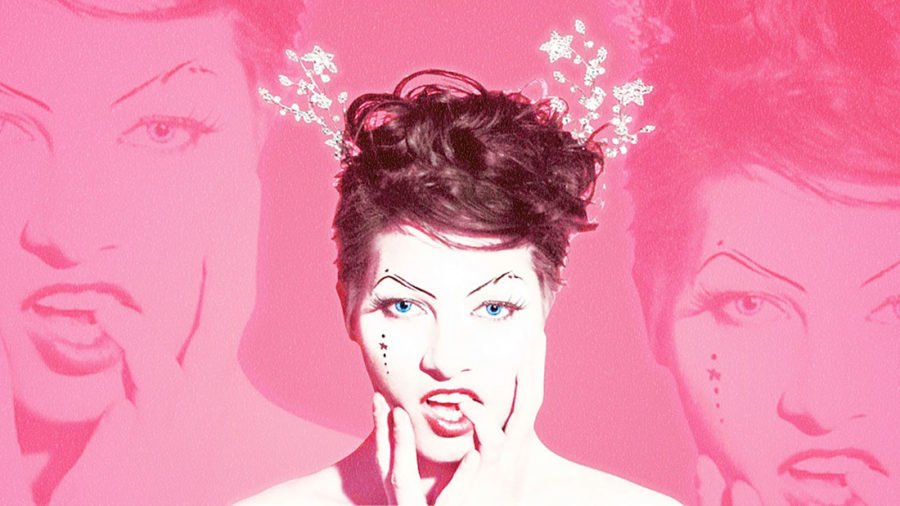
 Contact your members of Congress and urge them to stop the repeal of net neutrality.
Contact your members of Congress and urge them to stop the repeal of net neutrality. 